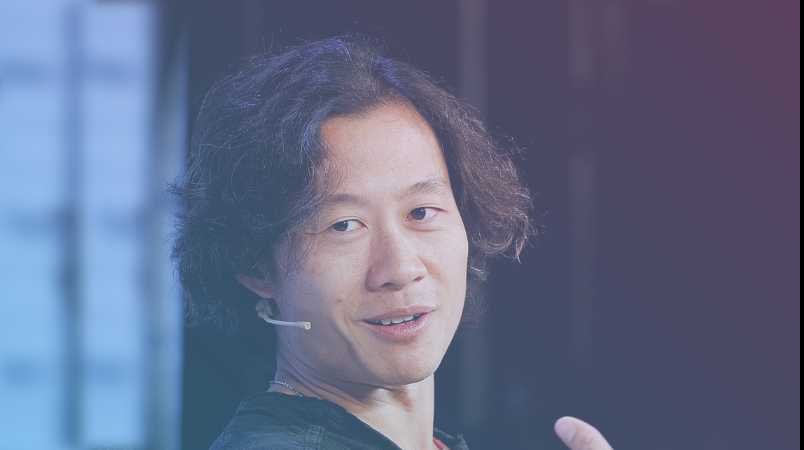Published on: 09/08/2022
Twitch boss Justin Kan: Web3 games don’t need to lure players with profit

Twitch co-founder Justin Kan recently shared his opinion about blockchain-based Web3 games and the play-to-earn model or P2E.
Speaking to TechCrunch, Kan noticed that digital assets and creating transactions for video games are good on their own and considered them as a “more economically immersive” version of the existing conventional marketplaces in video games. However, he was uncertain whether users would simply hop on blockchain gaming simply to make money or if doing such would be sustainable.
Kan sees there are countless monetization opportunities for digital assets in Web3 gaming. However, he believes a Web3 game would not last for long if it lures players simply to earn.
“I think that Web3 games are just being more open and saying, instead of this being a black market, we’re going to make this a real market and people’s economic participation is going to vary to different levels,” Kan said.
“There’s going to be people who only play the game and never buy things with money. There’s going to be some people who are making some side money because they’re really good at the game, and they’re getting some things in the game they’re selling [or trading].”
Kan’s two cents of profiting from Web3 gaming
Despite the sluggish performance of all cryptocurrencies this year, investments from major venture capital firms kept rolling in to revive the limping industry.
One of the strongest players is Andreessen Horowitz, evidenced by its support in Sky Mavis’ P2E game Axie Infinity as well as efforts to attract millions of players to the play-to-earn model, even though the game lost around $625 million in the recent and largest crypto heists by North Korean hacker organization Lazarus Group.
This, on top of the fact that digital currencies have collapsed this year, has prompted skepticism towards the overall market, which eventually also led to the future of Web3 gaming and blockchain technology being questioned. Kan himself believes that gaming does not require blockchain, saying that is “just the way” it will happen.
“Blockchain is just the way that it’s going to happen, I think, because there’s a lot of cultural momentum around people equating blockchain with openness and trusting things that are decentralized on the blockchain,” he said.
The 39-year-old also touched on the money-making aspect of Web3 gaming, which is “completely unnecessary” to him.
“I actually think that people equate NFTs and games with this play-to-earn model where people are making money and doing their job [by gaming], and I think that’s completely unnecessary,” Kan explained.
“Having digital assets in your game can work and be valuable, even if nobody is making money and there’s no speculative appreciation or price appreciation on your assets.”
In the end, Kan concluded that Web3 gaming and its related market still have a long way to go and to make the market grow, they require “normal people” who play the game for fun instead of simply making a living out of it.
“In order for this market to actually be big, it’s going to require normal people who want to play games for fun to play these games. That doesn’t exist yet. I think most of the market today is people who are crypto-native,” he said.
-
Gaming // 2022-08-09
StarHeroes developer receives grant from Microsoft



